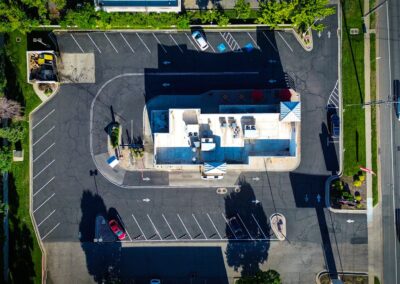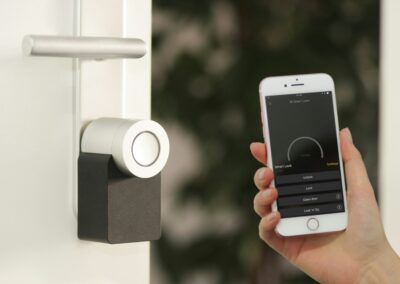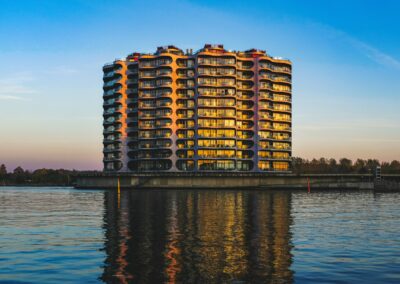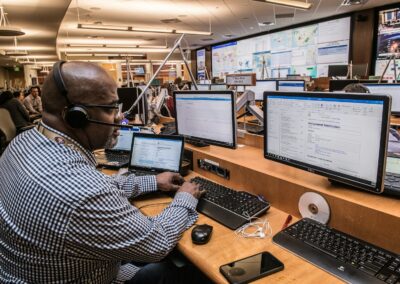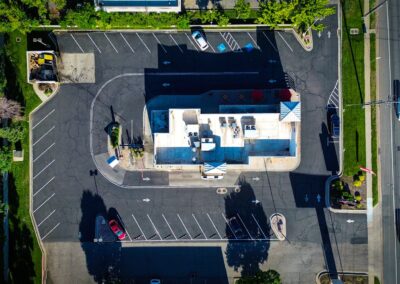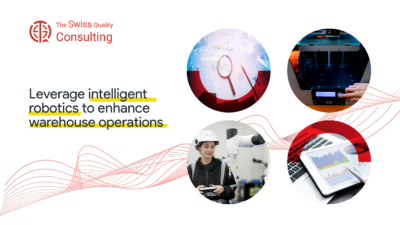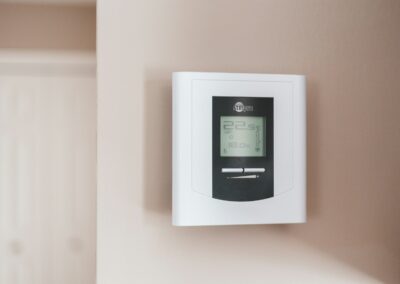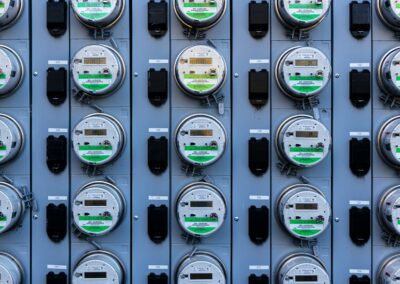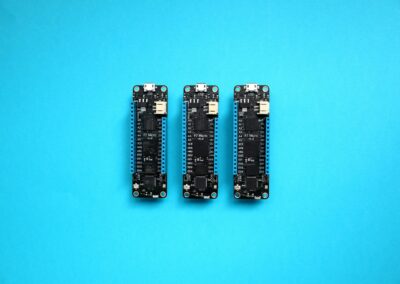The Crucial Role of Intelligent HVAC Systems in Sustainability Standards
Enhancing Energy Efficiency with Intelligent HVAC Systems
Intelligent HVAC Systems are pivotal in achieving LEED certification and other sustainability standards, particularly in regions like Saudi Arabia and the UAE where energy efficiency is a critical concern. These advanced systems utilize real-time data and smart algorithms to optimize heating, ventilation, and air conditioning, significantly reducing energy consumption. By monitoring and adjusting to the specific needs of a building, Intelligent HVAC Systems ensure that energy is not wasted, directly contributing to the points required for LEED certification.
In bustling cities like Riyadh and Dubai, where commercial buildings are at the heart of economic activity, implementing Intelligent HVAC Systems can lead to substantial operational cost savings. These systems use sensors and IoT technologies to provide precise control over indoor environments, enhancing comfort while minimizing energy use. The integration of AI further refines this process, predicting and adapting to changes in occupancy and weather conditions to maintain optimal performance.
Moreover, the financial benefits of Intelligent HVAC Systems extend beyond energy savings. By reducing the wear and tear on HVAC components through optimized operations, these systems lower maintenance costs and prolong equipment lifespan. This not only contributes to the economic efficiency of businesses but also aligns with sustainability goals by reducing the environmental impact of frequent replacements and repairs. For business executives and entrepreneurs in the Middle East, the adoption of Intelligent HVAC Systems is a strategic move towards achieving both financial and environmental sustainability.
Meeting LEED Certification and Other Sustainability Standards
Achieving LEED certification involves meeting stringent criteria across various sustainability metrics, and Intelligent HVAC Systems are integral to this process. These systems contribute significantly to the energy and atmosphere category, which is a core component of LEED. By improving energy efficiency and reducing greenhouse gas emissions, Intelligent HVAC Systems help buildings earn essential points towards certification.
In Saudi Arabia and the UAE, where environmental sustainability is increasingly prioritized, Intelligent HVAC Systems offer a practical solution for businesses aiming to meet national and international sustainability standards. These systems support not only LEED but also other green building certifications like Estidama in Abu Dhabi and the Dubai Green Building Regulations. Their ability to provide detailed energy performance data facilitates compliance with these standards, making it easier for businesses to track their progress and make necessary adjustments.
Additionally, Intelligent HVAC Systems play a crucial role in enhancing indoor environmental quality, another key area of LEED certification. By maintaining optimal air quality and temperature, these systems contribute to healthier and more comfortable indoor environments. This is particularly important in commercial buildings, where occupant comfort and productivity are directly linked to the indoor climate. For mid-level managers and executives, investing in Intelligent HVAC Systems is an investment in both sustainability and the well-being of their workforce.
Leadership and Management in Implementing Intelligent HVAC Systems
Successful implementation of Intelligent HVAC Systems requires strong leadership and effective change management. Business leaders in Riyadh and Dubai must be equipped to guide their organizations through the transition to smart technologies. Executive coaching services can provide the necessary skills and strategies for managing this change, ensuring that leaders can communicate the benefits and manage resistance effectively.
Effective communication is crucial in this process. Leaders must articulate the financial, environmental, and operational benefits of Intelligent HVAC Systems to all stakeholders. By fostering a culture of transparency and involvement, they can build support and enthusiasm for the initiative. Management consulting firms can also play a vital role, offering expertise in navigating the complexities of LEED certification and other sustainability standards. These firms can provide tailored solutions that align with the specific needs and goals of businesses in the Middle East.
Furthermore, the integration of modern technologies such as AI, Blockchain, and the Metaverse can enhance the implementation and management of Intelligent HVAC Systems. AI can provide predictive maintenance and performance optimization, while Blockchain ensures transparency and accountability in the system’s operations. The Metaverse offers innovative ways to visualize and simulate HVAC systems before implementation, reducing the risk of errors and improving efficiency. For business executives and entrepreneurs, leveraging these technologies can lead to more successful and sustainable HVAC retrofitting projects.
#IntelligentHVACSystems #LEEDCertification #SustainabilityStandards #EnergyEfficiency #SaudiArabia #UAE #Riyadh #Dubai #ChangeManagement #ExecutiveCoaching #EffectiveCommunication #BusinessSuccess #ManagementConsulting #AI #Blockchain #Metaverse #GenerativeAI #LeadershipSkills #ProjectManagement



